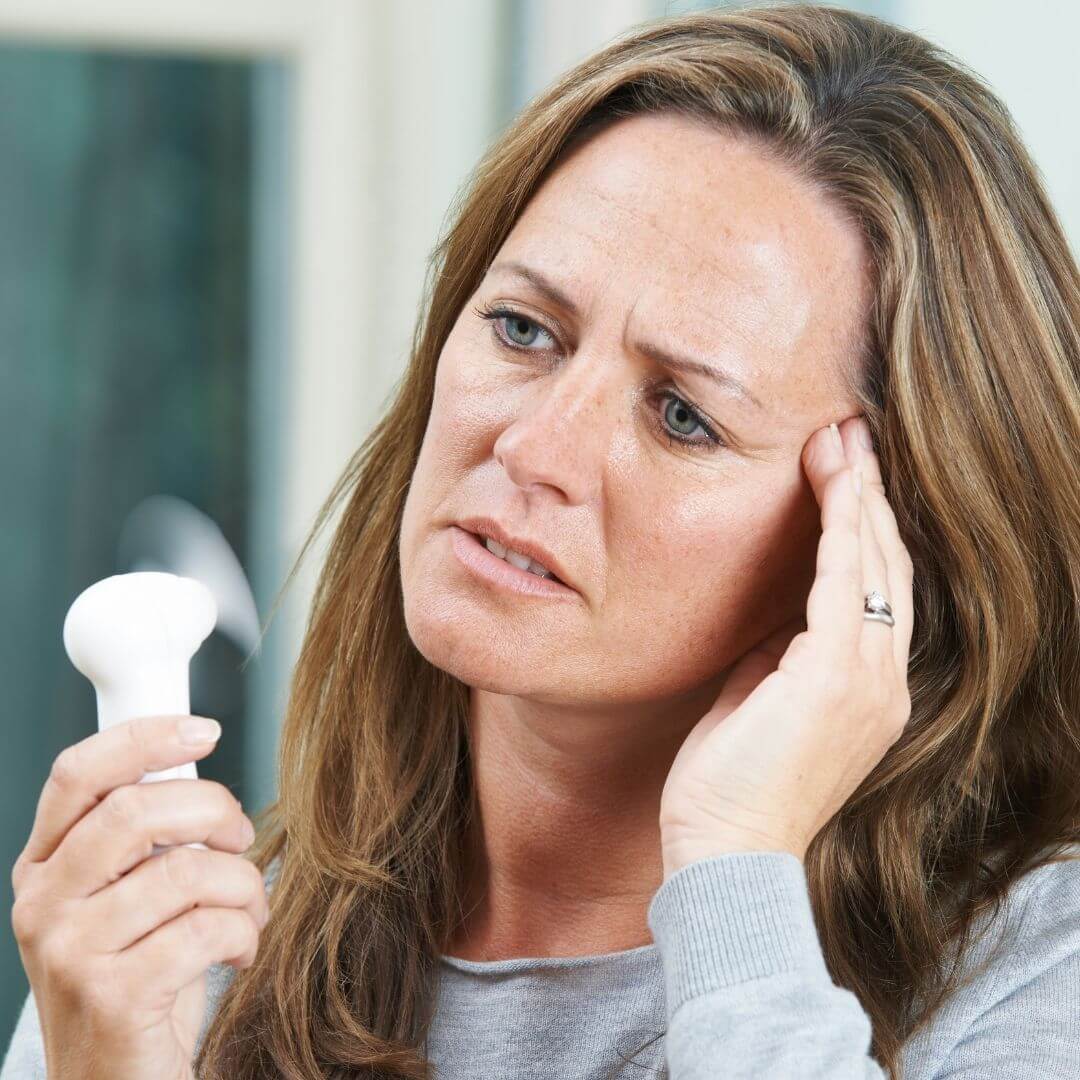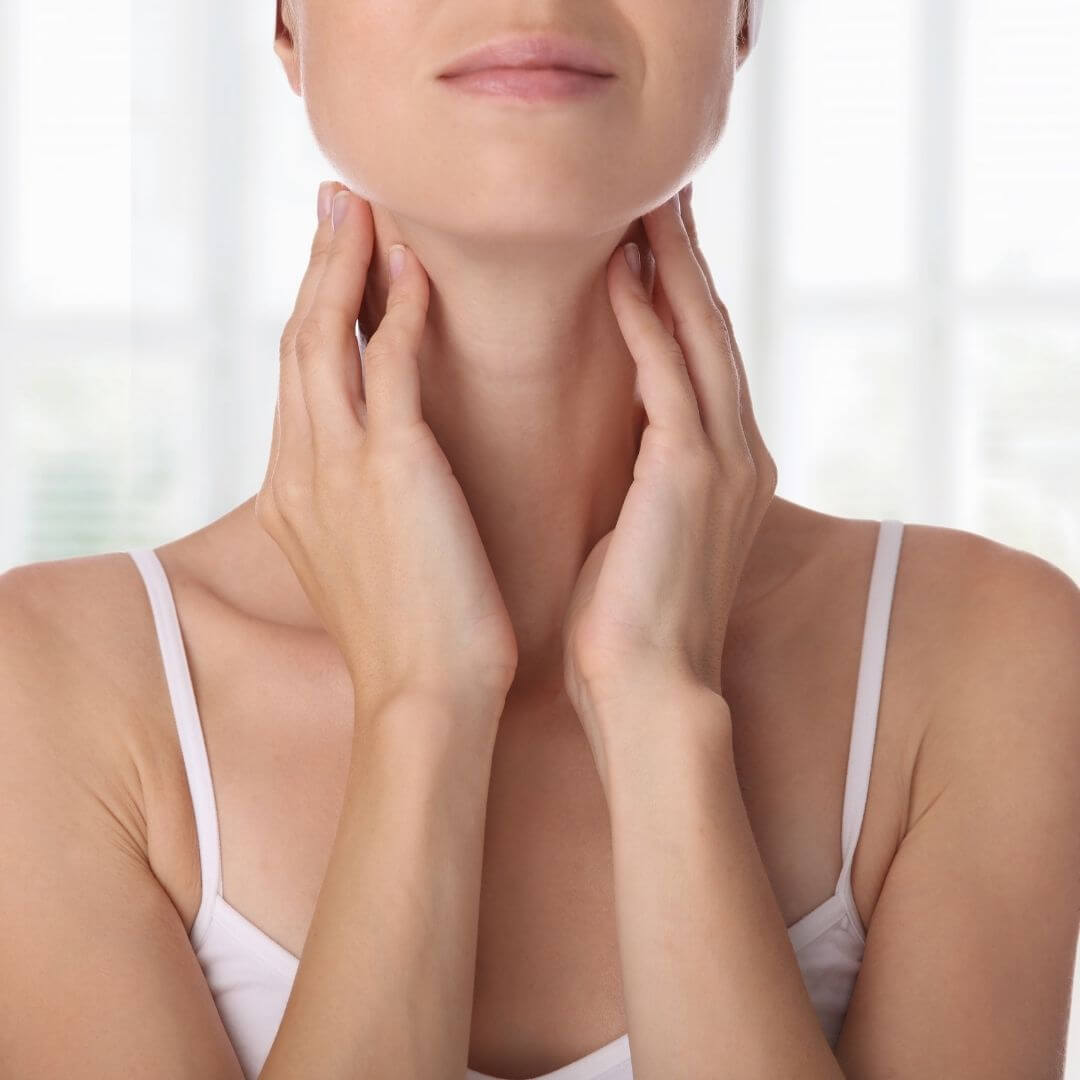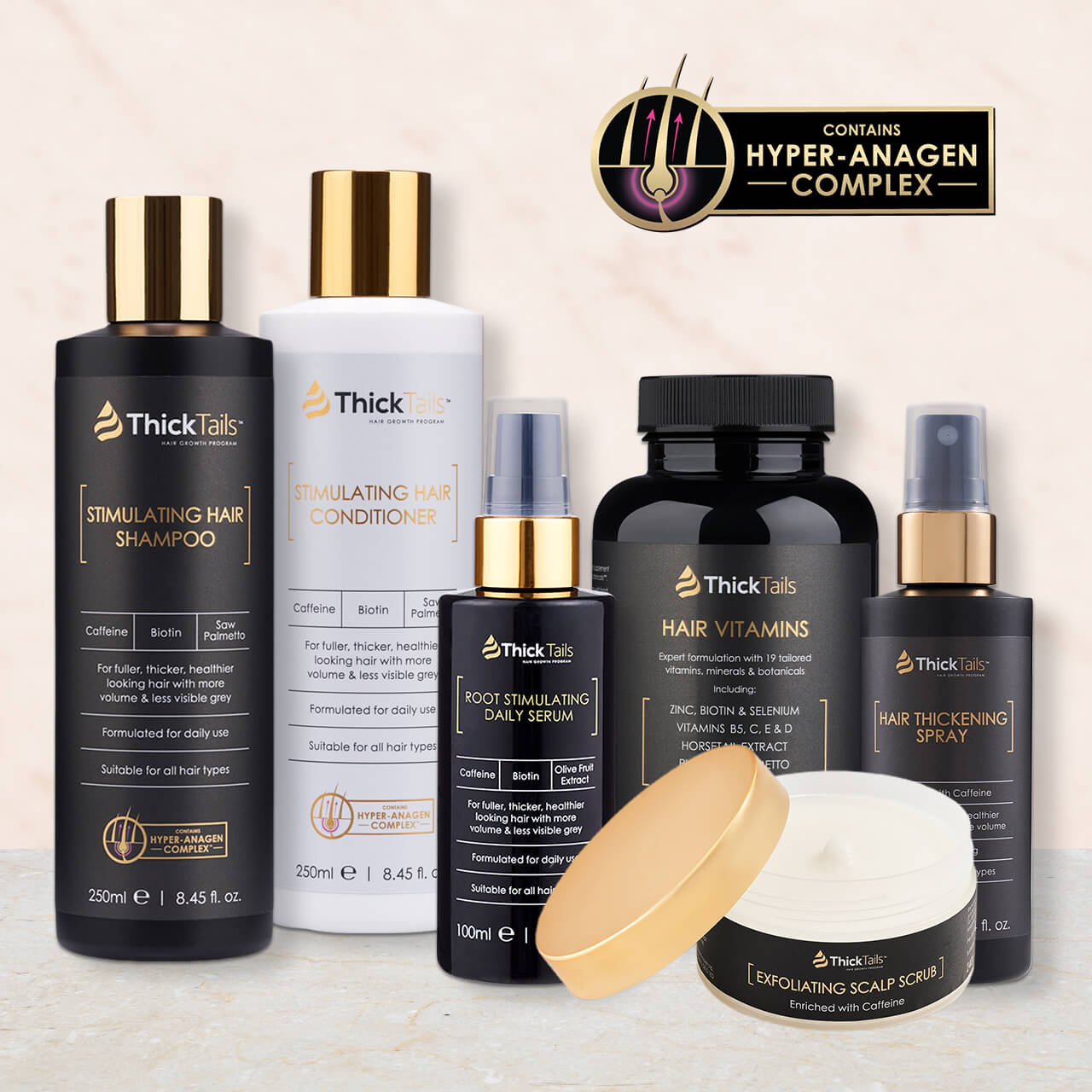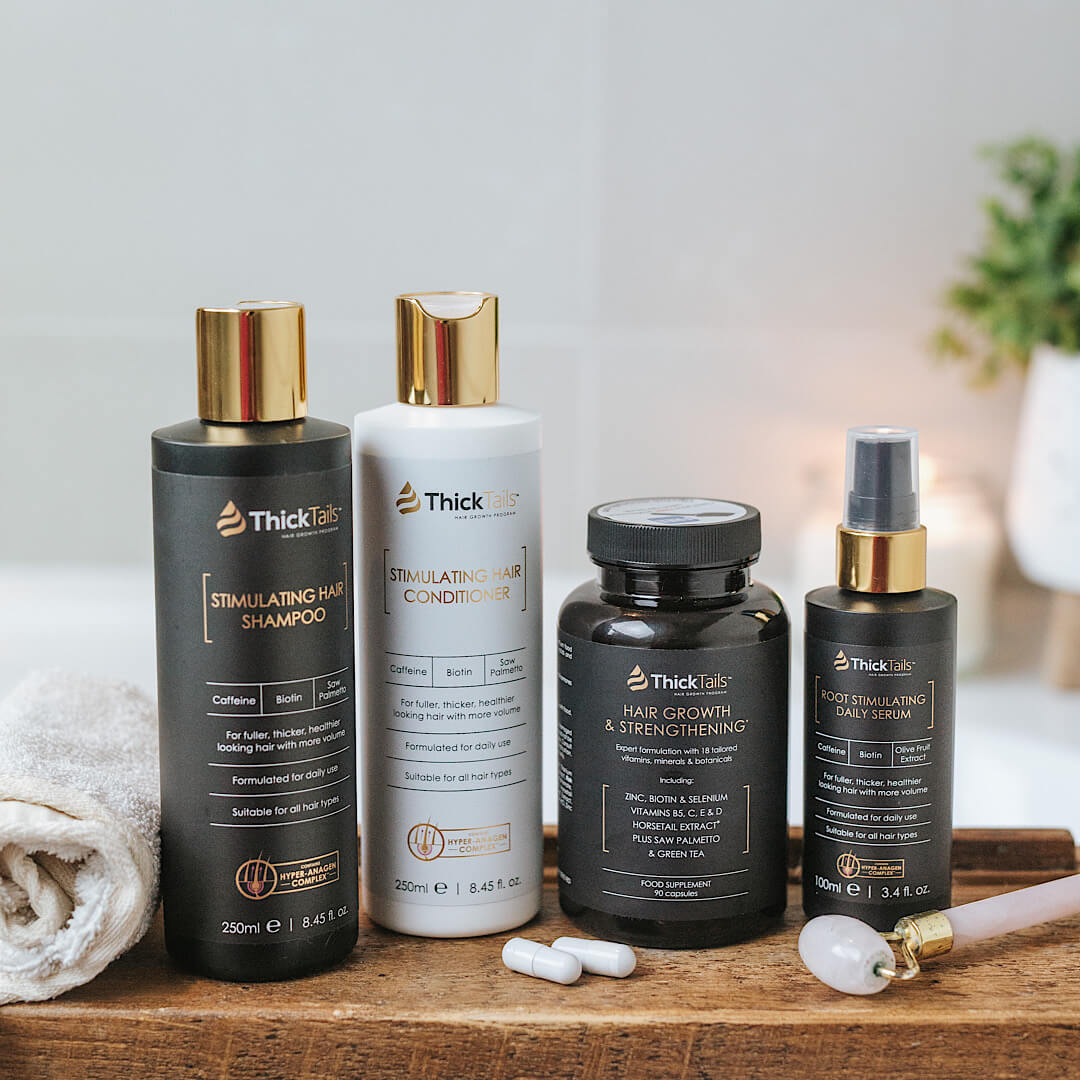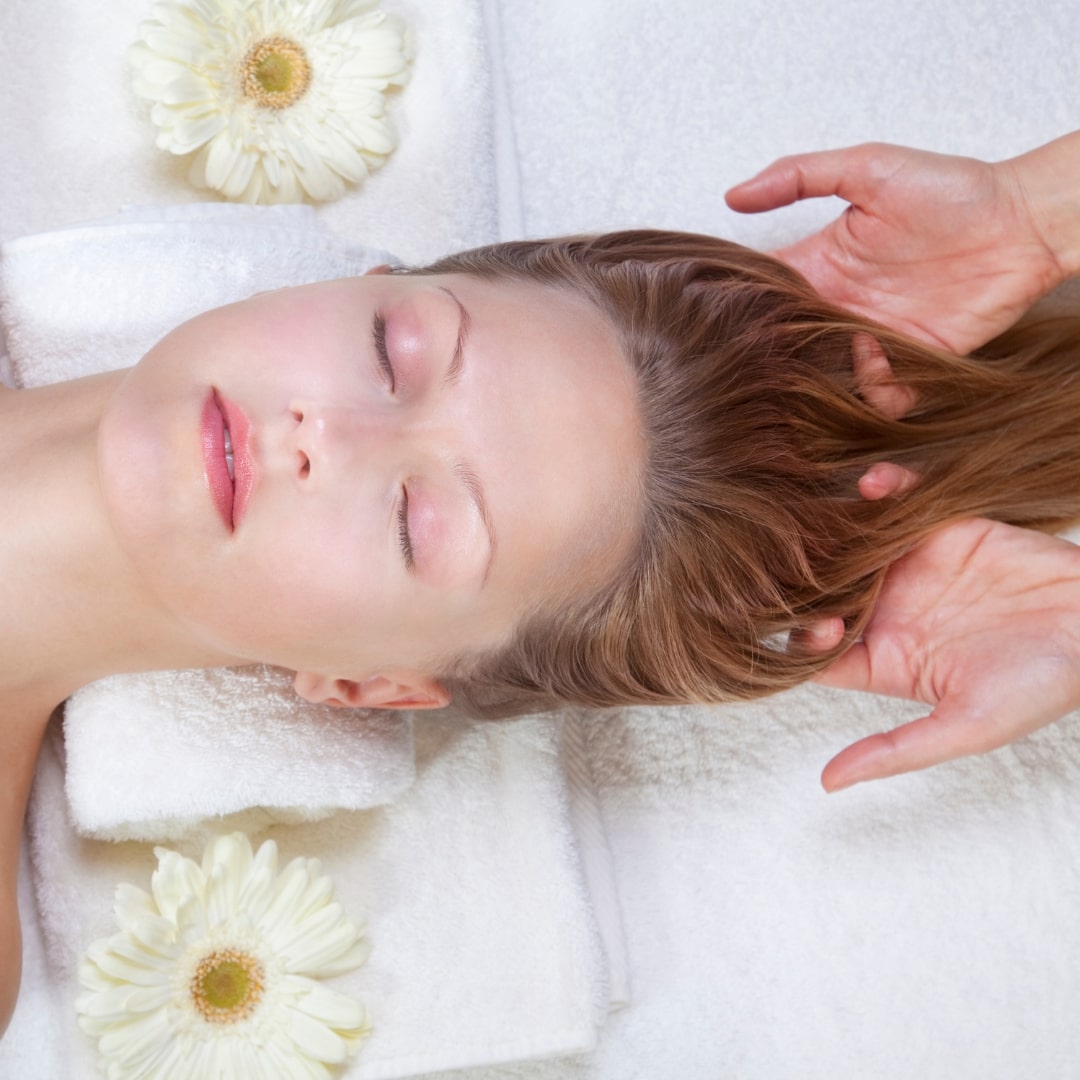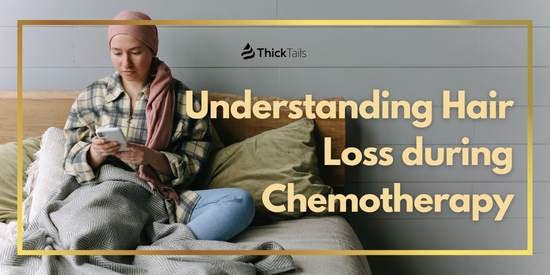Hair loss can be a distressing experience for anyone, but for women, it often represents more than just a cosmetic concern—it can be a poignant symptom of internal change. Among the various factors influencing hair health, hormones wield an undeniable influence, with their ebbs and flows often dictating the luster and volume of our locks.
In this exhaustive exploration, we unravel the complex tapestry of hormonal changes and their profound effects on women's hair. From puberty to menopause, female strands ride the tumultuous waves of estrogen, progesterone, testosterone, and other hormone changes. We will not only elucidate the science behind these processes but also provide practical advice on managing these shifts to maintain a vibrant mane.
Understanding Hormonal Changes and Hair Loss in Women

To grasp the connection between hormones and hair, we must first understand the intricate web of endocrine functions and their repercussions on the scalp. Hormonal imbalances are often at the core of female-pattern hair loss, a condition with myriad triggers, but hormones are central.
During different life stages, such as pregnancy, postpartum, and menopause, women may notice significant fluctuations in hair density and texture, highlighting the relationship between hormonal shifts and hair health. Understanding these patterns is crucial for developing effective strategies to mitigate hair loss. This insight allows women to anticipate and address the impact of hormonal changes on their hair, reducing the stress associated with hair thinning and loss.
Overview of Hormonal Imbalances and Hair Loss
Hormonal imbalances can trigger two common types of hair loss in women: telogen effluvium and anagen effluvium. Telogen effluvium is the result of the normal hair growth cycle being disrupted, with a higher number of hair follicles entering the rest phase at the same time, subsequently shedding several months later. Anagen effluvium, on the other hand, stems from the sudden pause or halt of the hair's growing phase. Both of these conditions can lead to significant hair thinning and loss.
The Role of Estrogen, Testosterone, and DHT in Hair Health
Estrogen is often dubbed the 'hair-friendly' hormone, as it can increase the anagen (growth) phase, resulting in thicker and more dense growth. Meanwhile, the androgen group, including testosterone and dihydrotestosterone (DHT), can have the opposite effect. In some cases, excessive levels of DHT can shorten the anagen phase and miniaturize hair follicles, leading to the characteristic thinning seen in female androgenic alopecia.
How Menopause and Pregnancy Affect Hair Growth
Menopause and pregnancy represent two major life events that come hand-in-hand with hormonal upheavals. During menopause, a reduction in estrogen levels and a relative increase in androgens can contribute to hair loss, particularly at the crown and along the part, marking the onset of female-pattern baldness. Pregnancy, characterized by heightened levels of estrogen and progesterone, often results in a lush head of hair, only to be succeeded by a period of postpartum shedding due to hormonal readjustment.
Managing Hormonal Hair Loss
While the underlying hormonal changes driving hair loss may be beyond our immediate control, there are various strategies women can employ to support overall hormonal health and mitigate the impact on their tresses.
One effective approach involves selecting specialized hair care products, such as shampoos and conditioners formulated to combat women and hair loss, that nourish the scalp and support hair follicles. Additionally, integrating hair supplements rich in vitamins and minerals essential for hair growth can provide the necessary nutrients to bolster hair health and density.
Diet and Nutrition: Supporting Hormonal Balance for Healthy Hair
Opting for a diet rich in nutrients like iron, vitamins A and C, and biotin can offer substantial support for hair growth. Foods like spinach, eggs, and sweet potatoes are known for their hair-nourishing properties. Maintaining a balanced diet also influences hormonal equilibrium, with certain nutrients affecting cortisol, insulin, and sex hormone synthesis.
Stress Management Techniques: Minimizing the Impact of Stress on Hair
High-stress levels can aggravate hormonal imbalances, triggering or exacerbating hair loss. Integrating stress-reducing activities like yoga, meditation, or counseling sessions can serve as a powerful antidote. These practices not only alleviate emotional strain but also tangibly reduce the physiological response to stress, subsequently preserving hair health.
Hormone Replacement Therapy: Considerations and Effects on Hair Growth
In cases where menopausal hormone therapy is a consideration, consulting with a healthcare provider is crucial to weigh potential benefits against the risks. While HRT may positively influence hair growth through the restoration of estrogen levels, it comes with its own set of caveats. Understanding the implications of HRT on overall health is essential for any woman seeking to address menopausal symptoms, including hair loss.
Natural Approaches and Hair Care Tips

In addition to dietary and lifestyle adjustments, natural remedies and proper hair care can complement efforts to manage hormonal hair loss effectively.
Incorporating hair supplements that target the unique nutritional needs can also play a significant role in counteracting women and hair loss linked to hormonal imbalances. Meanwhile, selecting the right shampoo and conditioner, specifically formulated to strengthen and nourish thinning hair, can provide an external line of defense against the visible effects of hormonal changes on hair health.
Essential Oils and Herbal Remedies for Hormonal Hair Loss
Historically, essential oils and herbal preparations have been used to regulate hormonal functions and foster hair growth. Oils like lavender, rosemary, and cedarwood have purported anti-androgenic effects, potentially inhibiting the activity of DHT at the hair follicle. The use of herbal supplements such as saw palmetto or black cohosh may also offer benefits for hormonal modulation, although clinical evidence is often limited.
Choosing Hair Care Products: Paraben-Free and Hormone-Friendly Options
When it comes to hair care, the products we use can inadvertently impact hormonal health. Common additives like parabens and phthalates are xenoestrogens, chemicals that mimic estrogen and may disturb the delicate hormonal landscape. As such, opting for paraben-free shampoos and conditioners is a prudent move for those managing hormonal hair loss. Similarly, selecting products enriched with biotin, keratin, or other hair-strengthening compounds can fortify strands from root to tip.
Lifestyle Changes for Healthier Hair and Hormonal Balance
Lifestyle choices encompass a broad spectrum of behaviors that collectively influence hormonal health and, by extension, hair resilience. Regular physical activity can regulate insulin levels and ameliorate the effects of menopause-related hair loss. Adequate sleep is also essential, as it is during the nocturnal hours that hormones governing growth and recovery, such as melatonin, are primarily secreted.
In conclusion, managing hormonal hair loss is a multifaceted endeavor, encompassing diet, stress management, potential medical treatments, and the adoption of a hormone-friendly hair care regimen. Understanding the intricate relationship between hormones and hair health is key to identifying effective strategies for combating hair loss. By fostering a holistic approach that supports hormonal balance through nutrition, lifestyle adjustments, and careful selection of hair care products, women can mitigate the effects of hormonal shifts on hair health. Whether navigating the hormonal changes associated with menopause, pregnancy, or stress, it's important to consult healthcare professionals and consider a comprehensive plan that addresses the root causes of hair loss. Ultimately, the journey towards maintaining a healthy, vibrant head of hair is deeply intertwined with overall wellbeing, highlighting the importance of harmony between body and mind.

